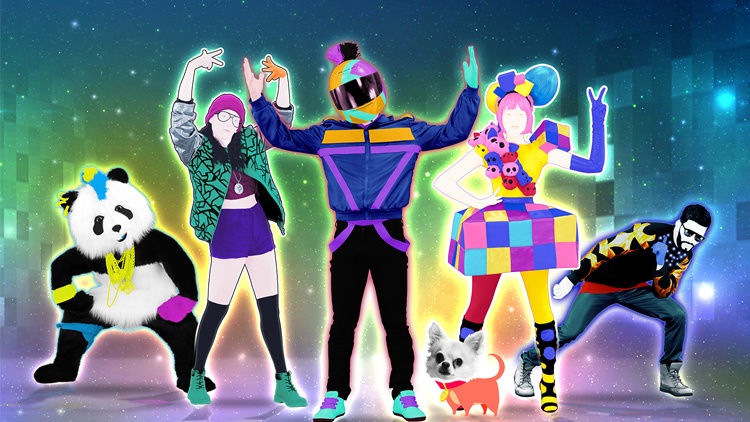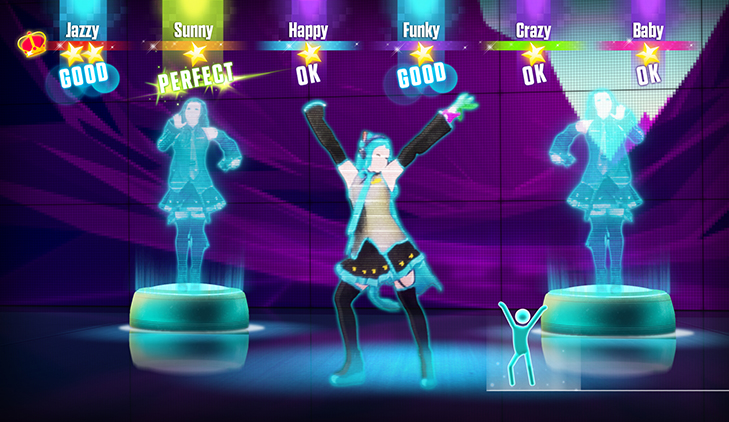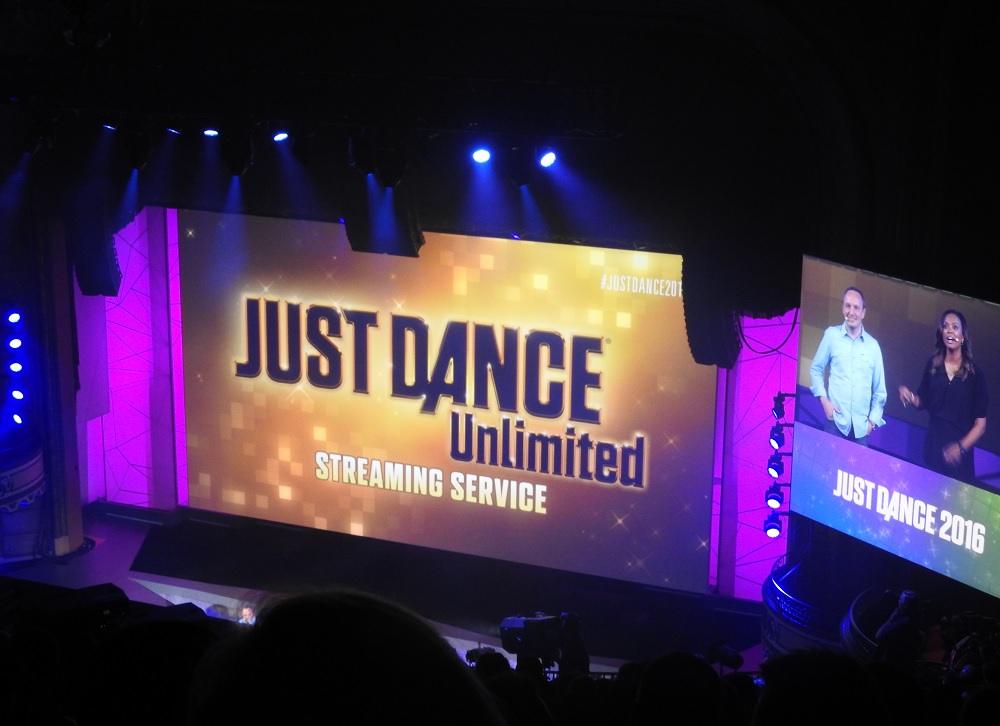Just Dance wants to take over the world through dance.
With emerging markets on multiple continents, publishers who aren’t gearing up for releases across the world risk ignoring the biggest industry opportunities in decades. And that is something that Ubisoft is not prepared to do, particularly with its Just Dance brand. I recently spoke over the phone with brand director Marine de la Seigliere and associate creative director Veronique Halbrey to discuss what it takes to create separate, regional versions of each Just Dance release for different audiences around the globe.
Just Dance began as a Wii-exclusive release in 2009, and it has since grown into a multiplatform intellectual property with yearly releases and multiple spin-off projects. And all that is just in the West. Ubisoft adjusts and customizes each Just Dance game — including the upcoming Just Dance 2016 — for multiple regions in the world with either unique setlists or a few exclusive tracks by local artists. Some areas of the world, like Japan, even get their own games in the franchise.
The green screen dance crew
But regardless of wherever each new Just Dance will wind up, the fundamental act of selecting a show and following vaguely along with the provided choreography stays the same. And whenever the eventual release, everything for every game begins in Ubisoft’s Paris studio. Each new release begins with an elaborate casting call, with each game’s ensemble rounding out at around 15 dancers. As a setlist comes together, the production house begins work on the various costumes. These can range from the archetypal neon-drenched outfits of the 1980s to a range of full-body animal costumes.
“We produce everything from nothing,” de la Seigliere said. “We want … something unique, nothing you can buy online or in a store.”
Once the team stitches the panda suits and coaches the dancers, they put together the choreography of each track (core game and regional content) background routine for play-testing. The designers invite members from all Ubisoft teams to view and critique the routines, eventually showcasing the in-progress dance moves to people outside the company. Those giving their thoughts at this stage of pre-production are only seeing the choreographer, practiced in front of a green screen.
The Just Dance team compiles the combined feedback, and filming begins for each music track background. The Paris team then shoots these choreographed routines in two-day increments every two weeks.
“Realistically, we can shoot around four stages/numbers a day,” de la Seigliere said. “It depends on the complexity of the costumes or effects demands.”
Your local Just Dance
By this time, Ubisoft has already reached out and established media partnerships for local content. The most direct way for a core Just Dance game to become a local one is to align itself with a major artist or event in a targeted region. Past collaborations have included French pop starTal (whose dancers operated as a rare replacement for Ubisoft’s casted dancers for her background choreography,) Bollywood legend Shah Rukh Khan, and Swiss-German pop singer Stephanie Heinzmann.
Regional differences don’t stop at local fan favorites. Major media events, like flash mobs and concerts, play key roles in the regional rollouts. But the games themselves are also being affected by their increasingly global status. As Ubisoft seeks entry into more into more and more spaces — including the recently opened Chinese console market — the traditional game trappings of Western consoles tend to demand less and less of a priority. The result is an increasingly less skill-focused and more mobile Just Dance experience.
“We have markets where dancing is a big part of their culture,” said de la Siegliere. “The world has made us more reactive, we can’t think of one game anymore. Everyone can dance, so we need to be open to every gamer.”
The wide world of dance
At this point, U.S. and E.U. gamers are right to be at least a little jealous. The amount of local content released across all regional Just Dance versions could fill quite a few DLC packs. That’s where Just Dance Unlimited, Ubisoft’s music subscription service attached to current-gen versions of Just Dance 2016, comes onto the global stage.
The current edict, as described to us by Marine de la Seigliere and Veronique Halbrey, is to “liberate local content even more.” This means that what Ubisoft promotes and sells in Brazil may not stay within those borders for long. While media partnership contracts will always complicate release strategies when it comes to various kinds of exclusivity, the dream goal is to eventually have a world’s worth of tracks available equally.
Both de la Seigliere and Halbrey find global accessibility to be a key tenet for the future of Just Dance’s design philosophy, beyond content releasing. The brand may even, if all goes according to plan, move beyond the “game” label. Becoming a dancing amusement playable by anybody on any media-capable device in the world.
“It is about removing any barriers to dance,” Halbrey said. “Whether it is device or even the living room.”
At this point, Ubisoft just needs to hope the United Nations doesn’t see the global promotion of “All About that Bass” as an act of war.
VentureBeat's mission is to be a digital town square for technical decision-makers to gain knowledge about transformative enterprise technology and transact. Learn More




